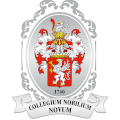EDUCATION FOR DEMOCRACY HUB
The EfD Hub is an informal structure of academics and various practitioners whose interests and work combine education and democracy on multiple levels. The EfD Hub’s participants take part in various initiatives overlapping all the other pillars of the Education for Democracy Framework.
In accordance with the EfD Model, we welcome specialists from different countries addressing democratic education from different perspectives – various fields (economics, humanities, sociology, political science, linguistics) and various sectors (schools, media, non-governmental organizations, local government, etc.).
JOIN US – ESPECIALLY IF YOUR COUNTRY, DISCIPLINE, OR SECTOR IS NOT REPRESENTED AS YET!
ESTONIA
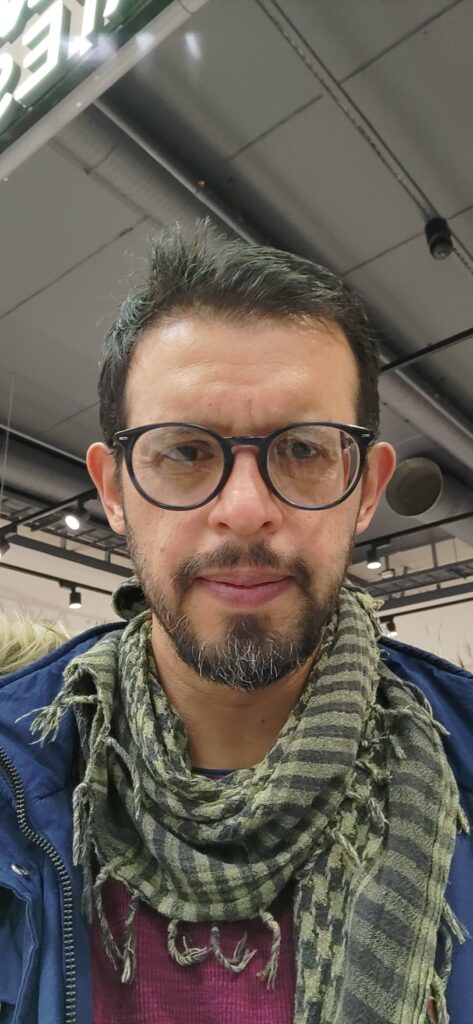
Charlie Moreno-Romero, carlomoro@gmail.com
Affiliation; title, position: Head of Studies Suvemäe-TKG / Principal investigator Smooth project-Taltech
Area of interest: Schooling (youth participation, self-directed learning, age-mixing, free play) / Educational commons
Relevant project/publication(s): Democratic education in school management. In Democratic Education in School and University. (pp. 183–199). Sondeerband . DOI 10.52038.9783643511324_18
INDIA
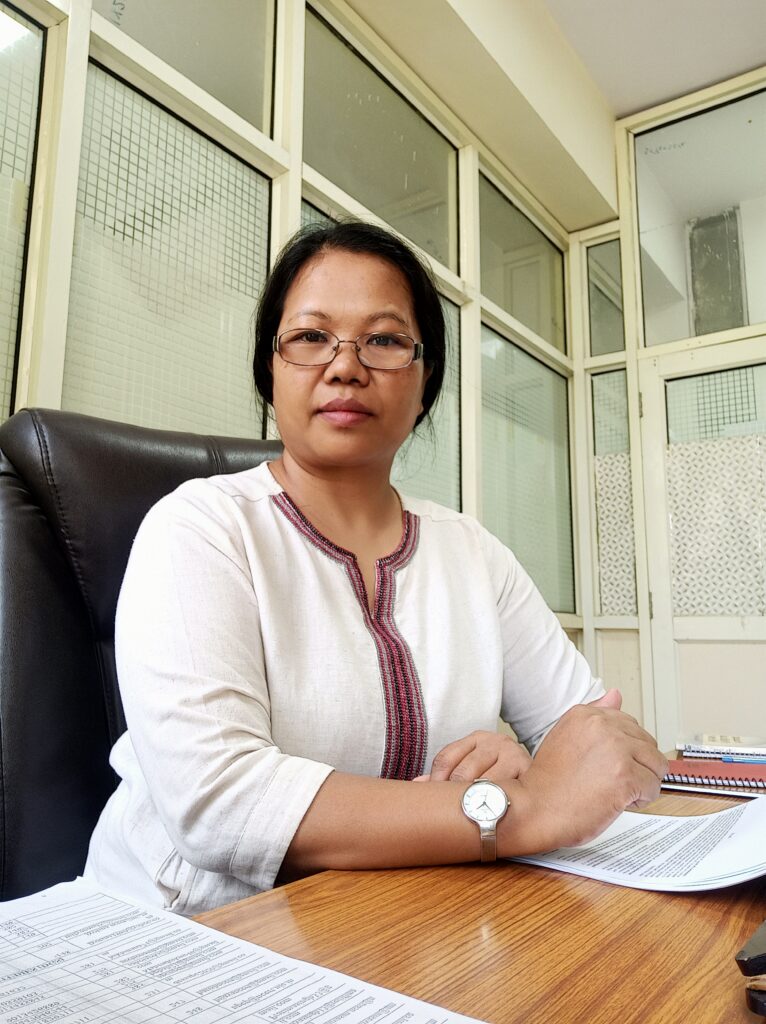
Vanthangpui Khobung, vkhobung@gmail.com; vkhobung@yahoo.com
Affiliation; title, position: National Council of Educational Research and Training (NCERT), National Institute of Education; Assistant Professor (Political Science)
Area of interest: Local Government and Democracy, Democracy and school education
Relevant project/publication(s): LOCAL SELF-GOVERNING INSTITUTIONS OF THE TRIBAL IN NORTH-EAST INDIA: A STUDY OF THE VILLAGE AUTHORITY/COUNCIL. 2012 2nd International Conference on Social Science and Humanity IPEDR vol.31(2012)©(2012)IACSIT Press, Singapore
POLAND
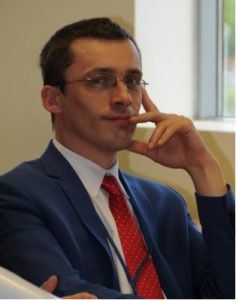
Michał Daszkiewicz, michal.daszkiewicz@ug.edu.pl
Affiliation; title, position: University of Gdańsk; PhD, Assistant Professor
Area of interest: linguistic foundations of democracy
Relevant project/publication(s): Language as the basis of democractic education, Collegium Nobilium Novum Annals, Vol. 1, 2022.
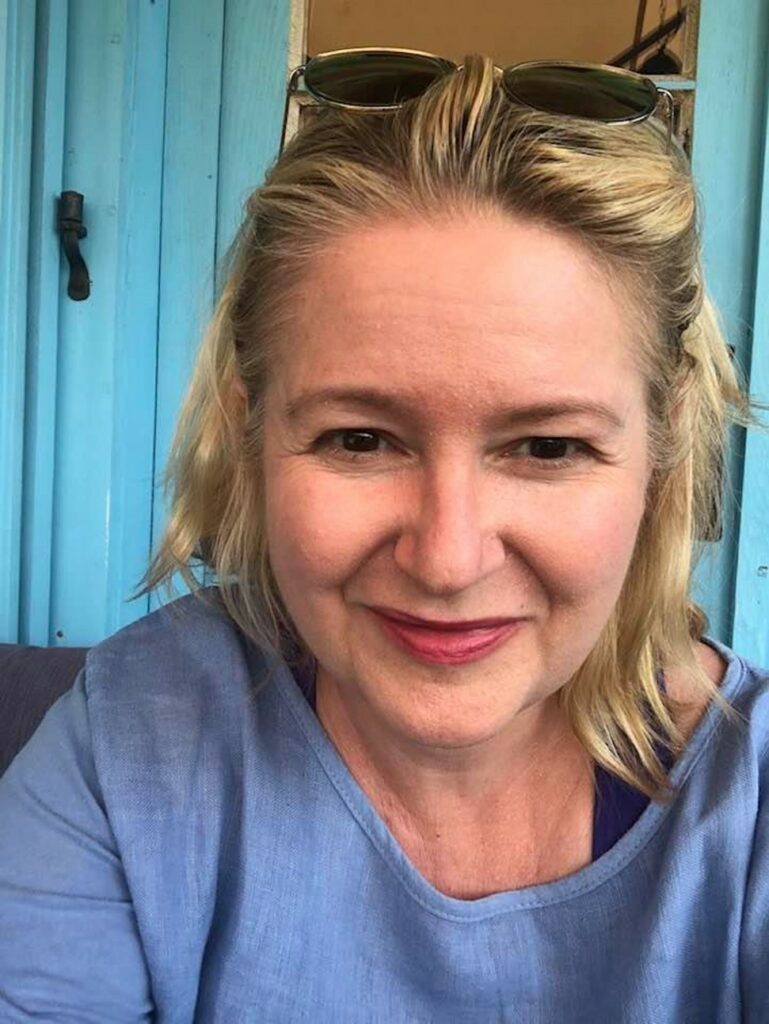
Agnieszka Kozłowska, agnes@amu.edu.pl
Affiliation; title, position: Adam Mickiewicz University in Poznan, Faculty of Educational Studies, Assistant Professor
Area of interest: environmental/ecological citizenship education; gender differences in active citizenship
Relevant project/publication(s): Kozlowska A., Hejwosz-Gromkowska D., (2022) Curriculum connections between environmental and citizenship education in Poland. Is there a space for teaching environmental citizenship? Book of Abstracts, Dublin https://www.mie.ie/en/research/atee_25-27_may_2022_spring_conference/abstracts/association-of-teacher-education-in-europe-book-of-abstracts-25-6.pdf
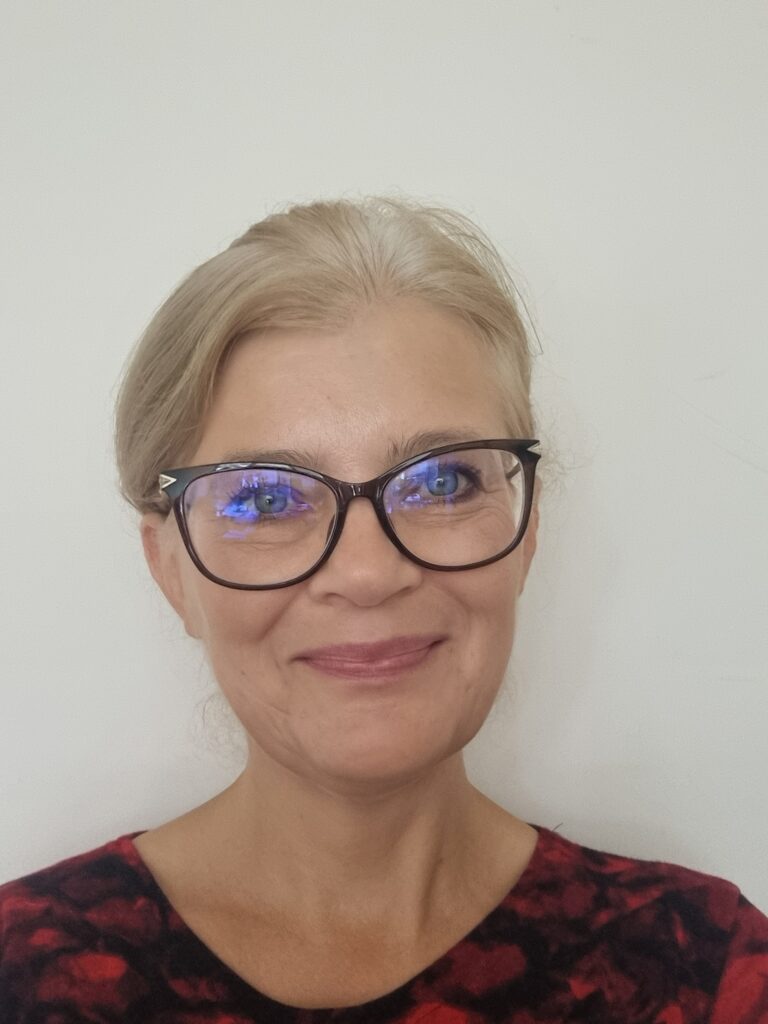
Beata Krzywosz-Rynkiewicz, beata.rynkiewicz@uwm.edu.pl
Affiliation; title, position: University of Warmia and Mazury in Olsztyn, Department of Clinical, Developmental and Educational Psychology, Head of Department; associate professor
Area of interest: developmental perspective of young people citizenship activity and social participation
Relevant project/publication(s): Citizens of the future: the concerns and actions of young people around current European and global issues, granted by European Science Foundation and NCN ESF/84/2006
Krzywosz-Rynkiewicz Beata, Zalewska Anna M., Kennedy Kerry J. (2018), Young people and active citizenship in post-Soviet times, Taylor&Francis Group
Krzywosz-Rynkiewicz Beata, Kennedy Kerry J. (2023) Reconstructing democracy and citizenship education : lessons from Central and Eastern Europe, Routledge – Taylor&Francis Group
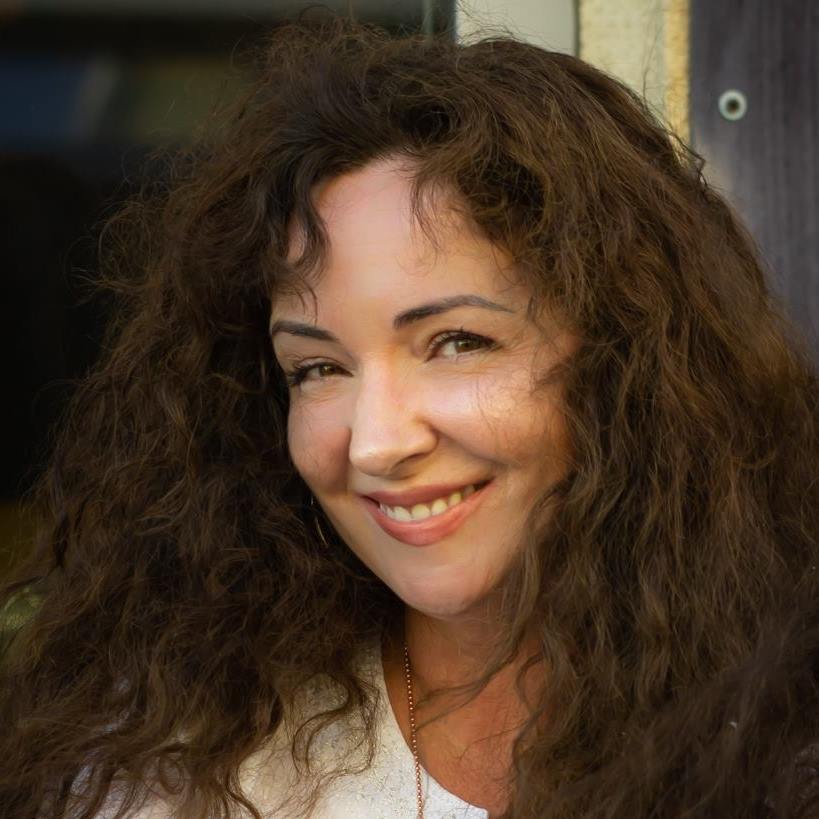
Astrid Męczkowska-Christiansen
Affiliation; title, position: Polish Naval Academy of the Heroes of Westerplatte; associate professor
Area of interest: educational issues on the intersection of social, cultural, and political studies, especially the importance of education in the formation of civic society and democratic public sphere
Relevant project/publication(s): Democracy – citizenship – education , Collegium Nobilium Novum Annals, Vol. 1, 2022.
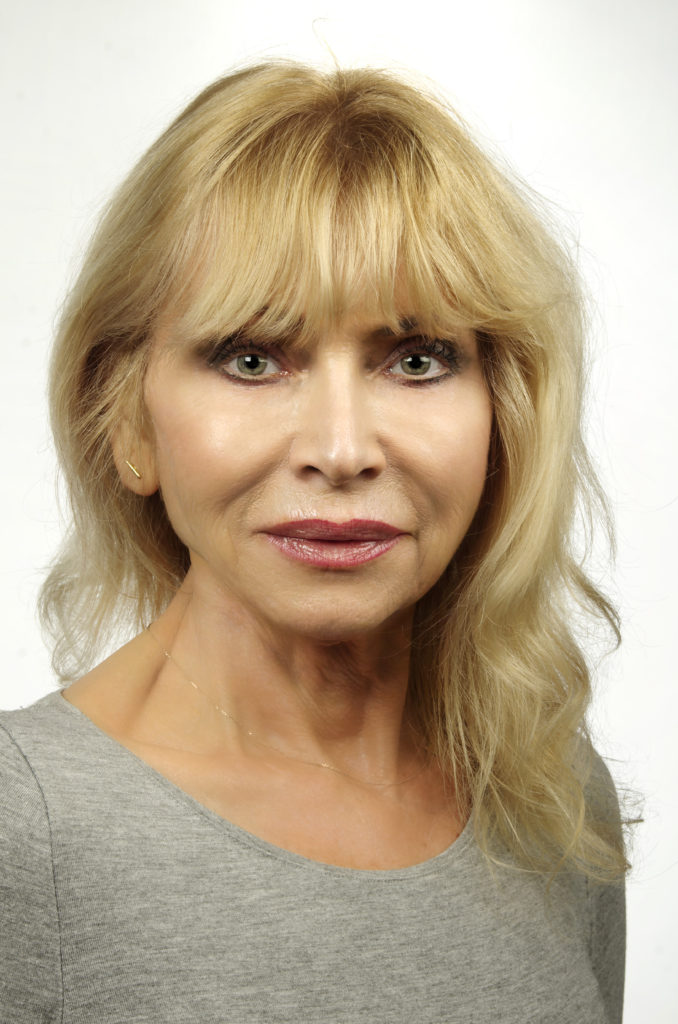
Teresa Halina Wejner-Jaworska, teresawejner@wp.pl
Affiliation; title, position: Social Academy of Sciences in Łódź; dr hab., Professor of SAN
Area of interest: education for democratization – emotions and reflections
Relevant project/publication(s): How do we feel about democracy?, Collegium Nobilium Novum Annals, Vol. 1, 2022.
SWEDEN
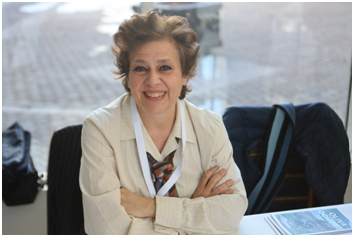
Helen Osieja, helen@democracyandeducation.org
Affiliation; title, position: Chairperson of the NGO Democracy and Education
Area of interest: Civic education, education for democracy, political pluralism
Relevant project/publication(s):
Education for Democracy in the 21st Century, Democracy and Education, ISBN 9789151981840
Educating for Democracy in the 21st century, Proceedings of the 12th InternationalConference of Education, Research and Innovation, International Academy of Technology, Education and Development (IATED), 2019.
Education as a Political Instrument: The Imposition of Gender Ideology in the Open and Hidden Curricula, Proceedings of the 11th International Conference of Education, Research and Innovation, IATED, 2018.
Academic Freedom: Foundations, Limitations and Delimitations, Proceedings of the 8thInternational Conference on Education and New Learning Technologies, IATED, 2016.
UNITED STATES OF AMERICA
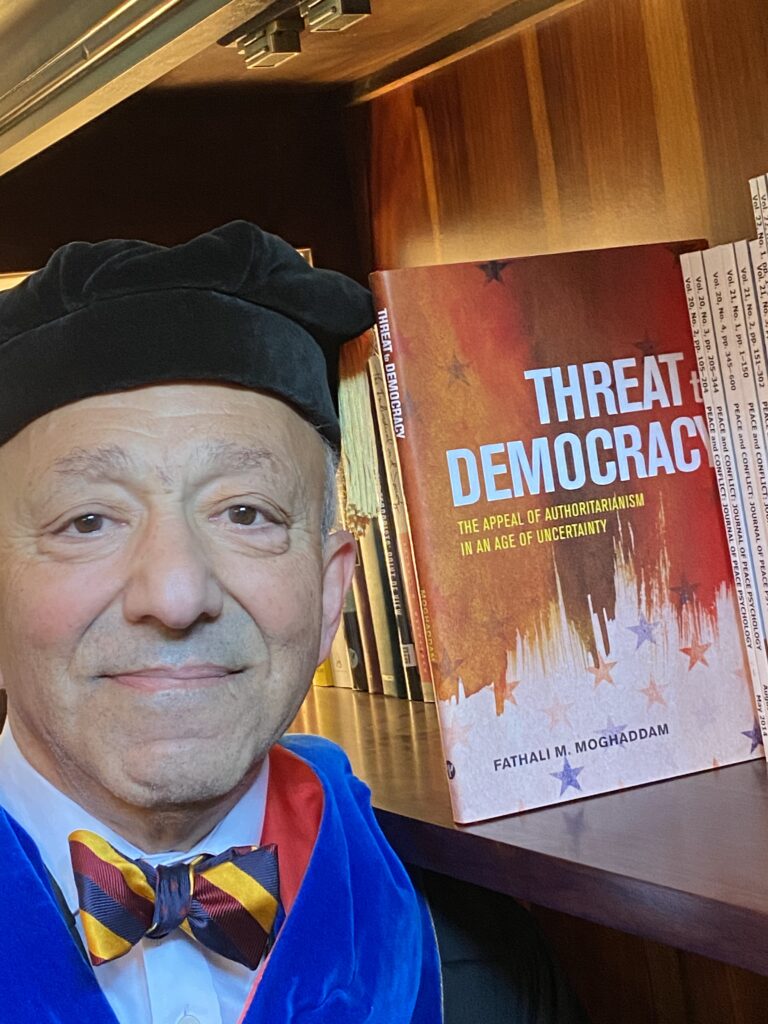
Fathali M. Moghaddam, Department of Psychology, Georgetown University, Washington DC, USA 20057; moghaddf@georgetown.edu
Affiliation; title, position: Professor of Psychology; Editor, Cambridge University Press series 'Progressive Psychology’
Area of interest: Psychological foundations of Democracy and Dictatorship; Political Plasticity
Relevant project/publication(s): The Psychology of Dictatorship (APA Press), The Psychology of Democracy (APA Press), Threat to Democracy (APA Press), How Psychologists Failed (Cambridge University Press), Political Plasticity (Cambridge University Press), The Psychology of Revolution (Cambridge University Press), more information on website: fathalimoghaddam.com
